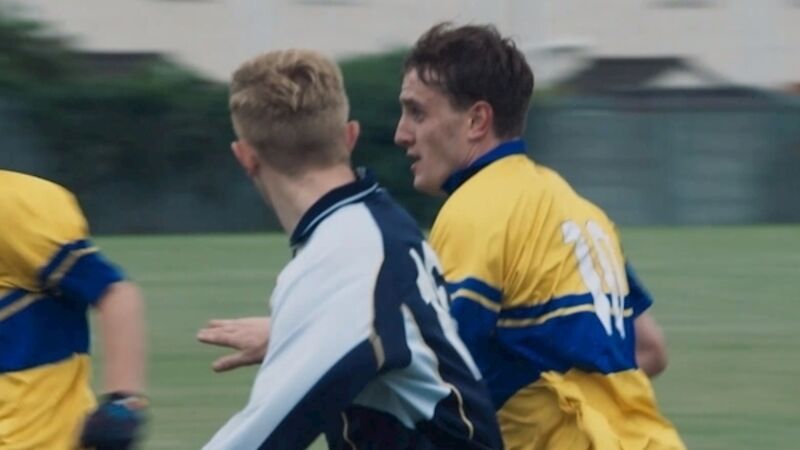Has Normal People kicked off the rehabilitation of the TV jock?

What happens when you’ve got a captive audience? Liveline happens. Joe Duffy’s hotline melted after RTÉ screened the first two episodes of the TV adaptation of Sally Rooney’s novel Normal People.
And it wasn’t the blatantly thrown handpass in the first gah scene they were complaining about.








